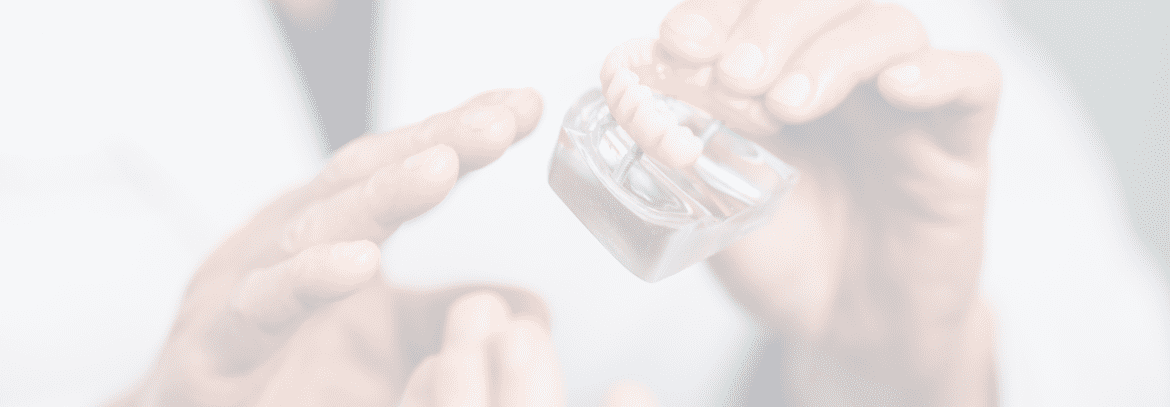 Your dental implant surgery is over, and now you may be wondering, “What can I eat?” Our basic guide to eating after dental implant procedures encourages not only proper nutrition but post-op healing. Regardless of the type of dental implant surgery you have had, a few simple reminders regarding eating following your dental surgery will ensure proper recovery and nutrition.
Your dental implant surgery is over, and now you may be wondering, “What can I eat?” Our basic guide to eating after dental implant procedures encourages not only proper nutrition but post-op healing. Regardless of the type of dental implant surgery you have had, a few simple reminders regarding eating following your dental surgery will ensure proper recovery and nutrition.
For the first few days following dental implant surgery, your gums and jaw might be a bit tender. Some procedures may temporarily compromise your ability to chew and result in a restricted desire to eat, leading to inadequate nutritional intake. The following guidelines provided by our doctors offer basic guidance on what to eat and what to avoid following your dental implant procedure.
Be aware that some patients, depending on the situation, may be required to observe a soft diet for up to 10 days following surgery in order to allow gum tissues to heal properly. However, be assured that you can eat and gain appropriate nutritional intake comfortably. Maintaining a soft food diet as recommended by our doctors not only encourages healing processes but reduces discomfort and provides you with the energy you need to get through your day.
Recommended Soft Foods
Following dental implant procedures, our doctors at Central Florida Oral, Facial and Periodontal Surgery recommend sticking to soft foods and liquids for several days following surgery. A number of options are ideal, not only for their nutritional value but to avoid discomfort.
Our doctors recommend eating food and drinking beverages at room temperature for the first couple of days following your dental implant procedure, as anything too hot or too cold might irritate the dental implant site.
In order to aid the healing process, the nutritional intake of protein is essential. Following dental implant surgery, adequate intake of fluids and only soft foods and liquids should be consumed on the day of surgery. Medical experts encourage adequate nutrition for post-operative recovery and healing. Proteins are important in the growth and repair of body tissues and structures, including teeth. Protein is available in a number of sources of soft foods, such as:
- Eggs
- Cooked fish
- Smooth peanut butter (almond, hazelnut, or cashew butter are also high in protein)
Other soft foods that provide nutritional value besides proteins include but are not limited to:
- Pasta (noodles, spaghetti, fettuccine, even Ramen noodles are okay)
- Steamed vegetables
- Applesauce
- Soups clear or creamy soups are acceptable, as well as any soft meats or vegetables
- Soft fruits (bananas, peaches, and mangoes) – avoid acidic fruit
- Bread (avoid those with hard crusts)
- Puddings, Jell-O’s, custards, cupcakes, and cheesecake are acceptable, especially for those with a sweet tooth (but watch the sugar intake)
- Mashed potatoes (also mashed sweet potatoes or yams). You can eat baked potato also but avoid the skin.
- Soft cheeses, such as ricotta, goat cheese, cottage cheese, and so forth
- Cooked cereals including cream of wheat or oatmeal
About Liquids
Our doctors recommend plenty of fluids following any dental procedure, especially if IV sedation or general anesthesia has been used.
Intake of liquids is important for adequate hydration. Just remember to avoid beverages that are too hot or too cold. For example, drink water and clear, non-acidic fruit juices at cool or room temperature. Warm but not hot coffee or tea is acceptable, but watch the caffeine consumption, as caffeine can contribute to dehydration. Our doctors have compiled a list of suggestions for liquids that provide nutritional and healing support:
Water
Recommendations from medical experts average 64 ounces of water daily for proper hydration.
Smoothies
Raw vegetables and fruits are excellent options for smoothies, but make sure they are chunk-free. Raw spinach is an excellent source of protein, which aids healing processes. You can add protein powder or yogurt for added nutritional value.
Milkshakes
Note: Avoid using a straw when drinking any liquid, as sucking on a straw utilizes muscles and movements of the jaw that may cause some discomfort or even cause bleeding at the dental implant site. The same advice applies to smoking, as suction puts inadequate pressure on the dental implant site, and smoking can interfere with adequate oxygenation and nutrition supply to wounds.
What Foods to Avoid
To promote proper healing of your dental implants, our doctors recommend avoiding certain types of foods and liquids. Anything too hot or too cold might cause not only discomfort but also inflammation. Avoid alcohol consumption, especially if you are taking any prescription medication. Alcohol also has the potential to cause tissue irritation around the dental implant site.
Prime examples of foods to avoid following dental implant surgery can include but are not limited to:
- Acidic fruits such as orange juice. The acidic content may cause discomfort around the dental implant site.
- Popcorn – popcorn hulls are the primary culprit for cracked teeth and can become lodged between teeth or around your healing implant.
- Spicy foods can contribute to irritation around the dental implant site
- Nuts (any kind)
- Chips (any kind)
- Any crunchy, sticky, or difficult to chew foods may interfere with blood clot formation essential for wound healing. Such foods might also lead to irritation, inflammation, and possible bleeding from the dental implant site and possibly damage the implant.
Avoid any type of food that requires strong chewing movements, such as steak, pork chops, or hard-crust bread. Foods that crumble easily or have seeds should also be avoided, as seeds and bits of crushed food can make their way into the dental implant site and get stuck there. Such situations can lead to soreness, inflammation, and possibly infection, all of which are disruptive to healing processes. Be aware that over-the-counter mouthwash has the potential to interfere with healing processes. Our doctors will recommend safe mouth rinses following dental surgery procedures.
Related Article: Every Single Question You’ll Want To Ask Before Getting Dental Implants
For additional questions regarding dietary advice or food and beverage options for post-op dental surgeries, contact us today.

